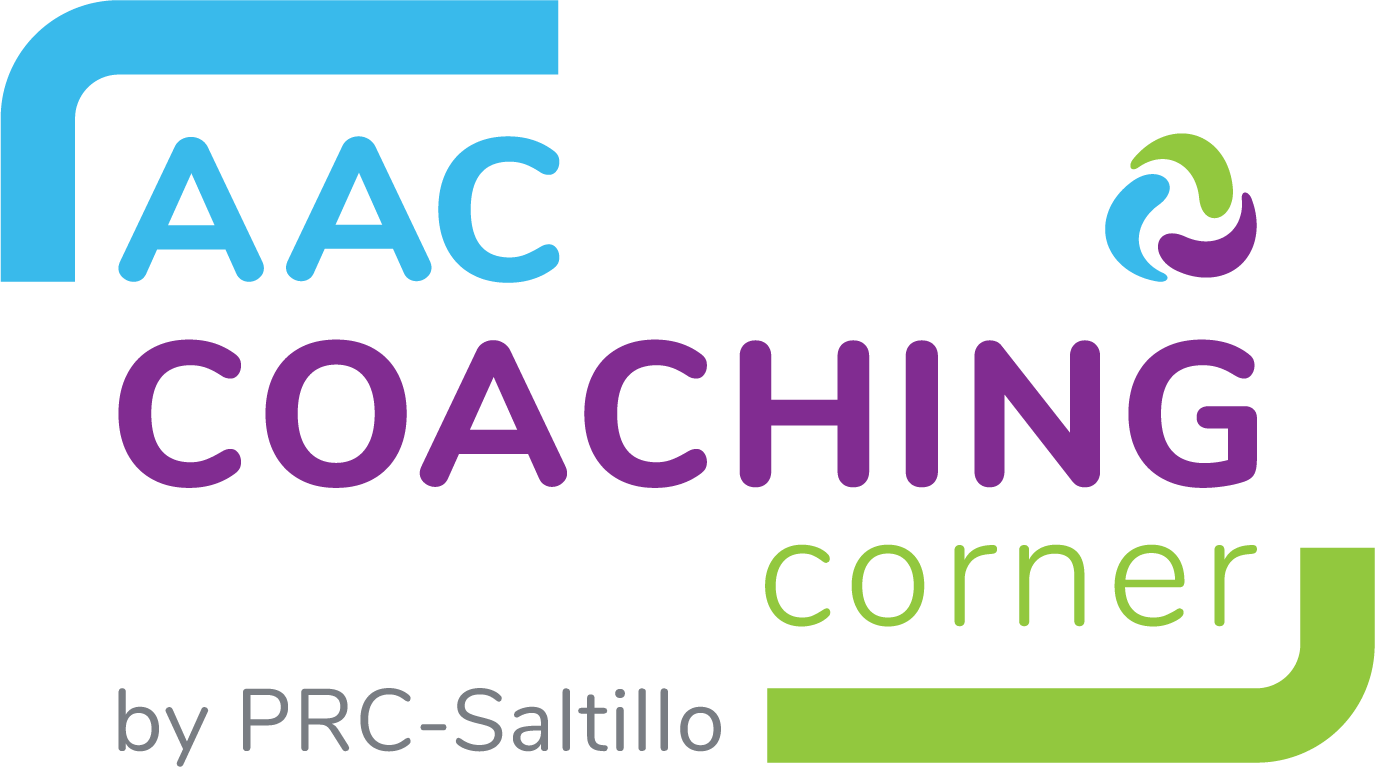ATTENTION
For the best experience on our site, please turn off compatibility view in the tools menu, or use a different browser.
In 2019, National Rehabilitation Week will be observed September 16-22.
The National Rehabilitation Awareness Foundation (NRAF) recognizes the third full week of September as National Rehabilitation Week (Rehab Week), to educate people about the benefits of rehabilitation and the capabilities of people with disabilities.
Nearly fifty million Americans have a disability, and the NRAF is dedicated to helping them live up to their fullest potential.
But they don’t do it alone. Rehabilitation often centers on an interdisciplinary team approach to care by physiatrists (physicians specializing in rehabilitation); physical, occupational, respiratory and recreational therapists; speech and language pathologists; rehabilitation nurses, psychologists, vocational counselors and other professionals.
They work with patients to restore the greatest level of function or independence, to help individuals overcome obstacles and accomplish the normal tasks of daily living.
Rehab facts*:
- Rehabilitation is a medical specialty which helps restore people affected by potentially disabling disease or traumatic injury to good health and functional, productive lives and also helps minimize physical or cognitive disabilities.
- Nearly 50 million Americans are disabled. Disability does not discriminate - every person is at risk of disability. Therefore, everyone is a potential candidate for rehabilitation.
- Most Americans will require at least one rehabilitation service at some point in their lives.
- Rehabilitation is an integral part of healthcare and a tremendous component in providing patients with positive outcomes.
- Rehabilitation is individualized, so every patient can progress at his or her own ability level.
- Rehabilitation can lengthen life, improve the quality of life and reduce subsequent illness.
- Statistics show that medical rehabilitation improves lives and saves money. For every $1 spent on rehab care, it is estimated that $11 are saved on long-term disability costs. People participating in rehabilitation programs of care are able to regain productivity and return to work, school and independent living.
- Independence gained or retained through rehabilitation is priceless.
Resources
- Learn more about National Rehabilitation Week and view a timeline of its history from National Today.
- Learn some fun facts about the field of therapy from HomeCEU.
Thank you to all our rehabilitation professionals for everything you do!
* Facts from Association of Rehabilitation Nurses website
Copyright © PRC-Saltillo. All Rights Reserved.

















